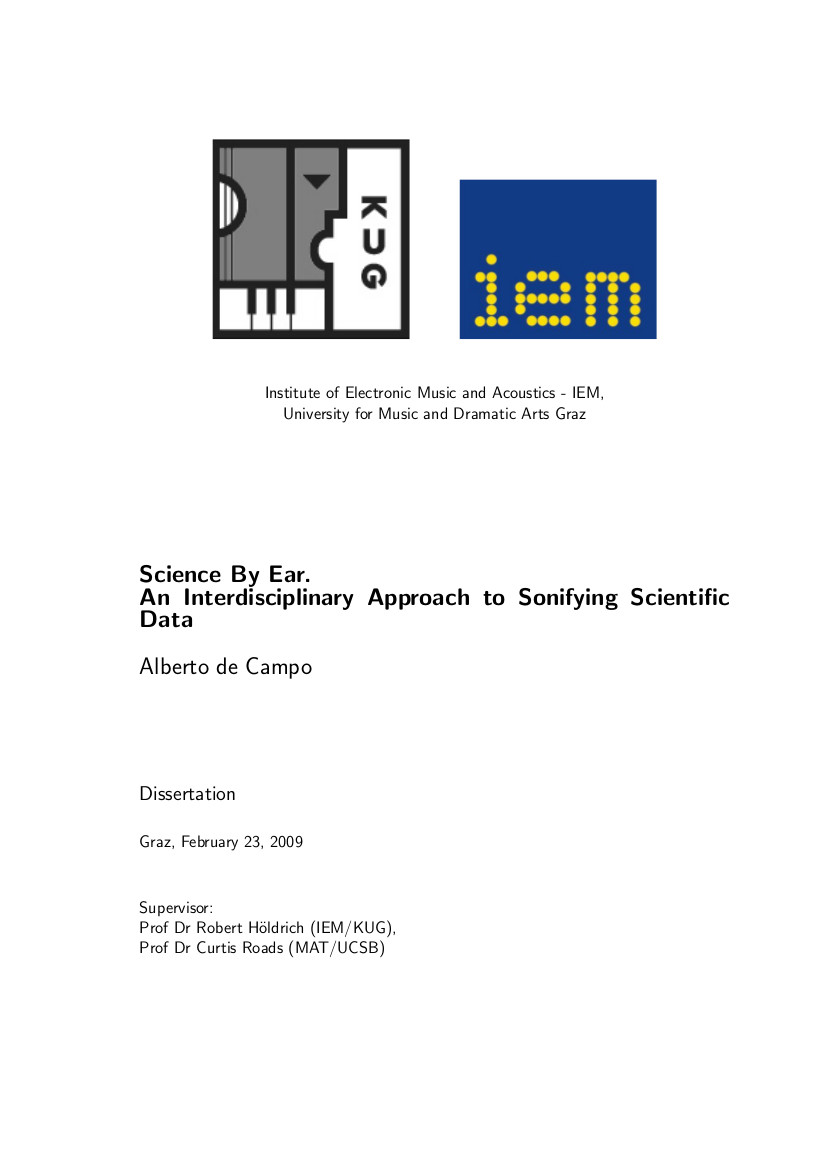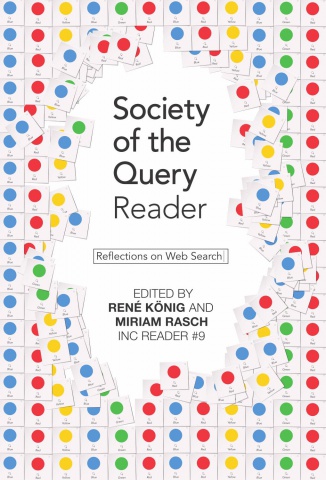Dariusz Jemielniak: Common Knowledge? An Ethnography of Wikipedia (2013/2014) [Polish, English]
Filed under book | Tags: · anthropology, collaboration, ethnography, floss, free software, knowledge, knowledge production, peer production, software, trust, web, wikipedia

“With an emphasis on peer–produced content and collaboration, Wikipedia exemplifies a departure from traditional management and organizational models. This iconic “project” has been variously characterized as a hive mind and an information revolution, attracting millions of new users even as it has been denigrated as anarchic and plagued by misinformation. Has Wikipedia’s structure and inner workings promoted its astonishing growth and enduring public relevance?
In Common Knowledge?, Dariusz Jemielniak draws on his academic expertise and years of active participation within the Wikipedia community to take readers inside the site, illuminating how it functions and deconstructing its distinctive organization. Against a backdrop of misconceptions about its governance, authenticity, and accessibility, Jemielniak delivers the first ethnography of Wikipedia, revealing that it is not entirely at the mercy of the public: instead, it balances open access and power with a unique bureaucracy that takes a page from traditional organizational forms. Along the way, Jemielniak incorporates fascinating cases that highlight the tug of war among the participants as they forge ahead in this pioneering environment.”
Polish edition
Publisher Poltext, Warsaw, 2013
ISBN 9788375612851
376 pages
English edition
Publisher Stanford University Press, 2014
ISBN 0804789444, 9780804789448
312 pages
Review (Piotr Konieczny, The Signpost, 2014)
Review (Forbes, George Anders, 2014)
Życie wirtualnych dzikich: netnografia Wikipedii (Polish, trans. Wojciech Pedzich, 2013)
Common Knowledge? An Ethnography of Wikipedia (English, 2014)
Alberto de Campo: Science by Ear: An Interdisciplinary Approach to Sonifying Scientific Data (2009)
Filed under thesis | Tags: · perception, software, sonification, sound

Sonification of Scientific Data is intrinsically interdisciplinary: It requires collaboration between experts in the respective scientific domains, in psychoacoustics, in artistic design of synthetic sound, and in working with appropriate programming environments. The SonEnvir project hosted at IEM Graz put this view into practice: in four domain sciences, sonification designs for current research questions were realised.
This dissertation contributes to sonification research in three aspects:
The body of sonification designs realised within the SonEnvir context is described, which may be reused in sonification research in different ways.
The software framework built with and for these sonification designs is presented, which supports fluid experimentation with evolving sonification designs.
A theoretical model for sonification design work, the Sonification Design Space Map, was synthesised based the analysis of this body of sonification designs (and a few selected others). This model allows systematic reasoning about the process of creating sonification designs, and provides concepts for analysing and categorising existing sonifications designs more systematically.
Dissertation
Institute of Electronic Music and Acoustics – IEM, University for Music and Dramatic Arts Graz, February 2009
Supervisors: Robert Höldrich, Curtis Roads
211 pages
SonEnvir research project
PDF
View online (on Scribd.com, from the author)
René König, Miriam Rasch (eds.): Society of the Query Reader: Reflections on Web Search (2014)
Filed under book | Tags: · algorithm, google, internet, memory, search, software, technology, web

Looking up something online is one of the most common applications of the web. Whether with a laptop or smartphone, we search the web from wherever we are, at any given moment. ‘Googling’ has become so entwined in our daily routines that we rarely question it. However, search engines such as Google or Bing determine what part of the web we get to see, shaping our knowledge and perceptions of the world. But there is a world beyond Google – geographically, culturally, and technologically.
The Society of the Query network was founded in 2009 to delve into the larger societal and cultural consequences that are triggered by search technology. In this Reader, which is published after two conferences held in Amsterdam in 2009 and 2013, twenty authors – new media scholars, historians, computer scientists, and artists – try to answer a number of pressing questions about online search. What are the foundations of web search? What ideologies and assumptions are inscribed in search engine algorithms? What solution can be formulated to deal with Google’s monopoly in the future? Are alternatives to Google even thinkable? What influence does online search have on education practices? How do artists use the abundance of data that search engines provide in their creative work? By bringing researchers together from a variety of relevant disciplines, we aim at opening up new perspectives on the Society of the Query.
Contributors: Aharon Amir, Vito Campanelli, Dave Crusoe, Angela Daly, Vicențiu Dîngă, Martin Feuz, Ulrich Gehmann, Olivier Glassey, Richard Graham, Mél Hogan, Ippolita, Kylie Jarrett, Min Jiang, Anna Jobin, Phil Jones, Simon Knight, Dirk Lewandowski, M.E. Luka, Astrid Mager, Martina Mahnke, Andrea Miconi, Jacob Ørmen, Martin Reiche, Amanda Scardamaglia, Anton Tanter, and Emma Uprichard.
Publisher Institute of Network Cultures, Amsterdam, 2014
INC Reader, 9
Creative Commons Attribution NonCommercial ShareAlike 3.0 Unported License
ISBN 9789081857581
292 pages
Website of the network
Publisher

